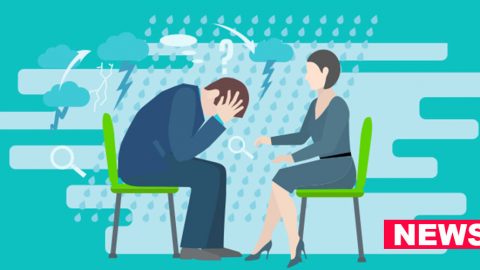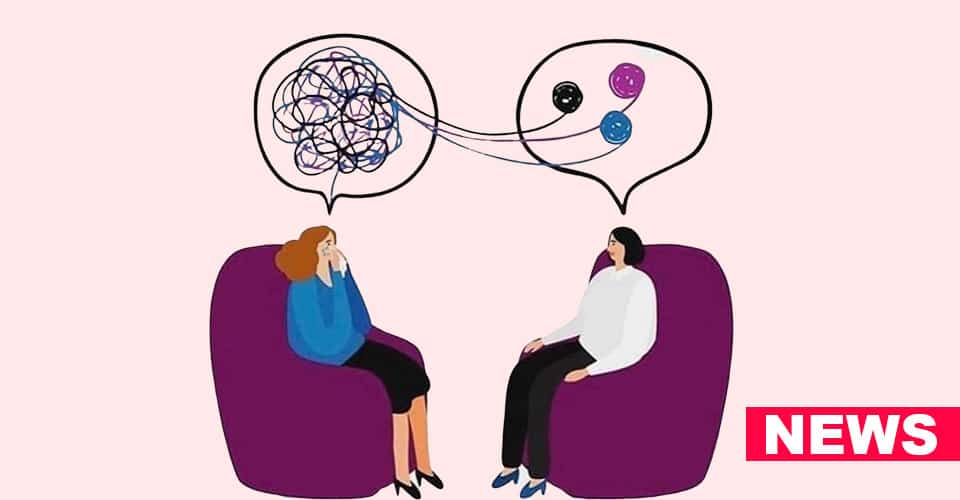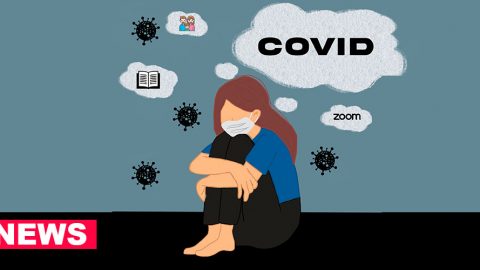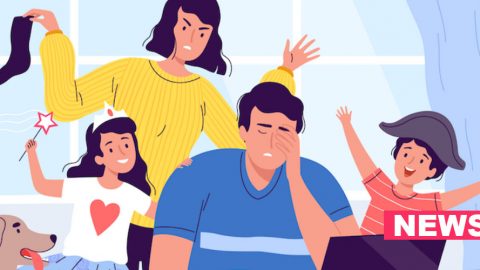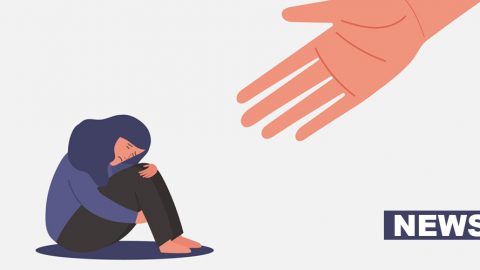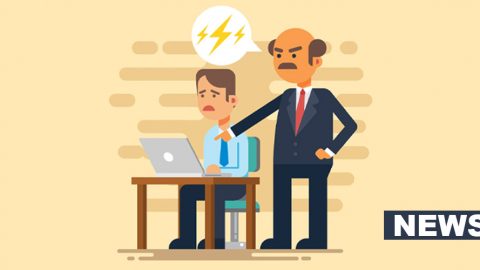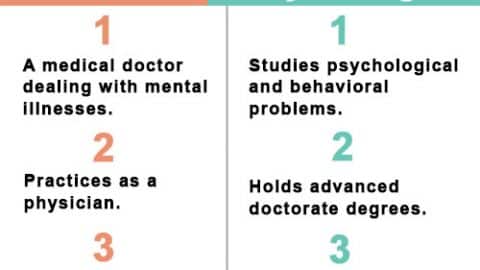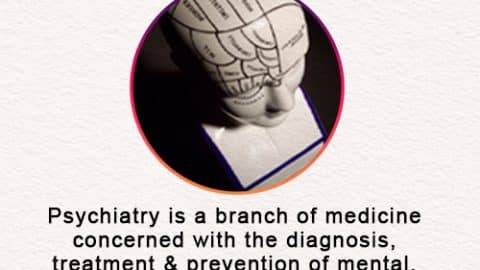Dehumanizing media portrayals of drug users have been found to exacerbate stigma and discrimination, according to a recent study. The research sheds light on the harmful effects of media coverage on individuals struggling with substance use disorders and underscores the need for more responsible reporting.
The study, conducted by a team of researchers from various universities and organizations, delved into the representation of drug users in media content and its impact on public perception and attitudes.
It revealed a disturbing trend of dehumanization and negative stereotyping that can contribute to the marginalization of individuals dealing with addiction.
Dehumanizing Media Portrayals Shaping Perceptions
Media outlets have long played a pivotal role in shaping public perceptions and opinions on various issues, including drug addiction. The way drug users are portrayed in news articles, television shows, films, and social media can significantly influence how society views and interacts with this vulnerable population.
The study found that media portrayals often dehumanize drug users by reducing them to stereotypes and labels, such as “junkie” or “addict.” These degrading terms not only strip individuals of their humanity but also perpetuate harmful stereotypes that hinder efforts to provide effective treatment and support.
One of the most concerning findings of the study was the direct link between dehumanizing media portrayals and increased stigma and discrimination. When the media presents drug users in a degrading and stereotypical manner, it reinforces negative attitudes among the general public.
As a result, individuals with substance use disorders often face discrimination in various aspects of their lives, including employment, healthcare, and housing. This discrimination can further isolate them and make it even more challenging to seek help and recovery.
Addressing the issue of dehumanizing media portrayals of drug users requires a multifaceted approach involving media outlets, journalists, policymakers, and the public. The study’s authors offer several recommendations for combatting this problem:
- Media Guidelines: Developing and implementing guidelines for responsible reporting on substance use disorders is crucial. These guidelines should encourage accurate and empathetic portrayals of individuals facing addiction.
- Media Literacy Programs: Educating the public about media literacy can help individuals critically analyze the content they consume. Media literacy programs can empower people to recognize and challenge dehumanizing portrayals.
- Storytelling for Change: Encouraging storytelling that humanizes drug users and highlights their journeys to recovery can be a powerful tool for shifting public perceptions.
- Advocacy and Awareness: Advocacy efforts should focus on raising awareness about the harmful consequences of dehumanizing media portrayals. Engaging with media outlets and journalists to promote responsible reporting is also essential.
- Support and Treatment: Ensuring that individuals struggling with addiction have access to adequate support and treatment is fundamental. Removing barriers to treatment, such as stigma, is essential to improving outcomes.
The study’s findings serve as a poignant reminder of the media’s social responsibility and its potential to either alleviate or exacerbate societal issues. By taking a more compassionate and human-centered approach to reporting on drug addiction, media outlets can contribute to reducing stigma and discrimination.
Ultimately, fostering understanding and empathy for individuals facing substance use disorders is paramount.
By dismantling the harmful stereotypes perpetuated by dehumanizing media portrayals, society can move closer to providing the support and treatment that individuals with addiction need to reclaim their lives and well-being.






